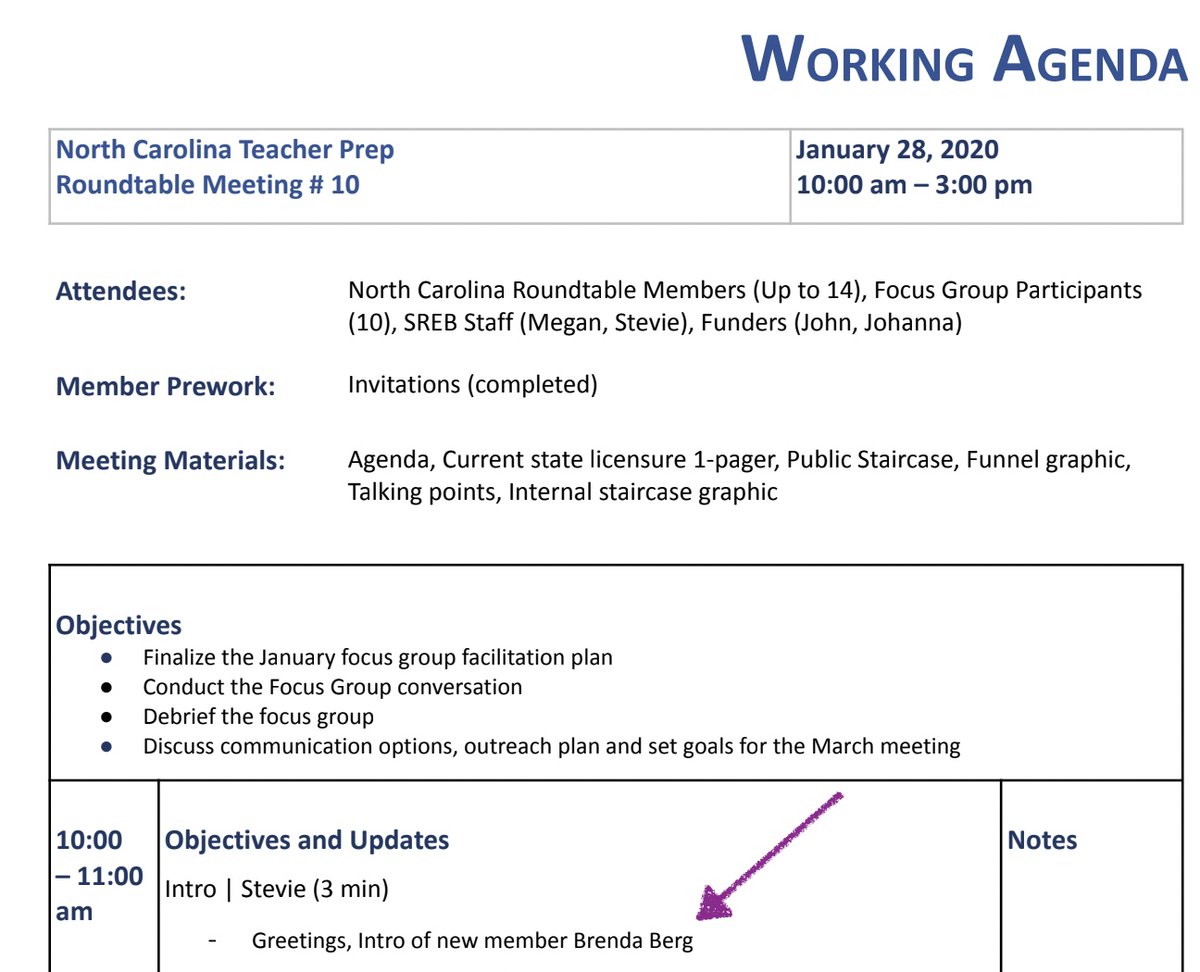
Today's merit pay public records release is about the cozy relationship between @SASsoftware and @BESTNCorg, two driving forces behind the Pathways to Excellence teacher merit pay proposal.
#nced #ncpol #pepsc #ExperienceMatters4NC
#nced #ncpol #pepsc #ExperienceMatters4NC
SAS Software was founded by NC's richest individual James Goodnight. He continues to serve as its CEO and his wife Ann Goodnight is the company's Director of Community Relations.
SAS produces EVAAS, the controversial value-added software which claims to be able to determine exactly how much value a teacher adds to a student's learning by using a secret algorithm to analyze student performance on end-of-year standardized testing.
Currently EVAAS data is used as a formative tool for teachers but does not impact their base pay. Pathways to Excellence proposes using EVAAS data to determine teachers' salaries and opportunities for career advancement.
If North Carolina enacts Pathways to Excellence it will mean a dramatic expansion in the use of EVAAS in our state. But if the model could be implemented in the other 15 states served by @SREBeducation it would mean a major jackpot for the company.
In March 2018 SAS's Susan Gates initiated contact with PEPSC Chair Patrick Miller with the goal of pushing him toward a licensure reform model which would center effectiveness rather than experience (and what better way to measure that effectiveness than SAS's EVAAS software 😬) 



In September 2018 Gates again contacted Miller to talk about her work with the B-3 Council focusing on licensure modification and effectiveness. She mentioned a desire to coordinate with PEPSC and also name dropped Julie Kowal who would be leading related work for UNC. 

Kowal had been in her position at UNC for only 3 months, having spent the 4 years prior to that as VP of Policy for BEST NC.
BEST NC is a nonprofit which lobbies for education reform that benefits the business community. The organization is run by CEO Brenda Berg and was literally housed on SAS's campus until just a couple of years ago. Ann Goodnight serves on BEST NC's board. 





BEST NC lobbied hard for changing NC principal pay to a merit pay system using EVAAS scores. In 2017 the legislature passed a new system that was so flawed they immediately had to add a hold harmless clause to prevent a mass exodus of principals due to salary reductions.
WestEd's 2019 report on Leandro noted the principal pay approach created a "disincentive for effective principals to work in underperforming schools." 

Brenda Berg was added to the Human Capital Roundtable in January 2020 and was thereafter strategically positioned to have major influence on the development of the Pathways to Excellence merit pay proposal. 

Berg also managed to join two of the four PEPSC subcommittees that are currently working on the proposal--Licensure as well as Budget and Compensation. She is in a great position to advocate for policies which will benefit SAS. 

• • •
Missing some Tweet in this thread? You can try to
force a refresh






